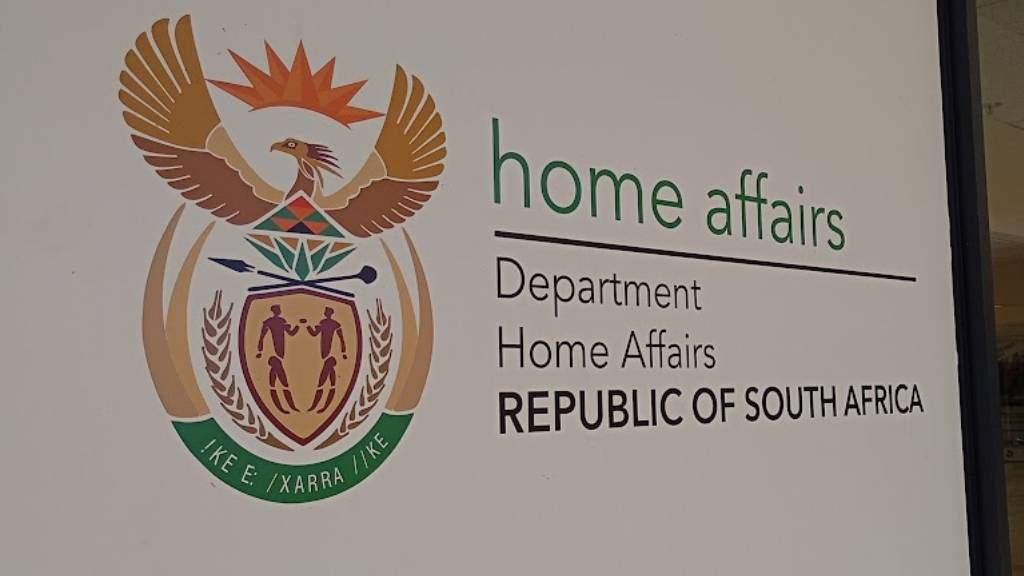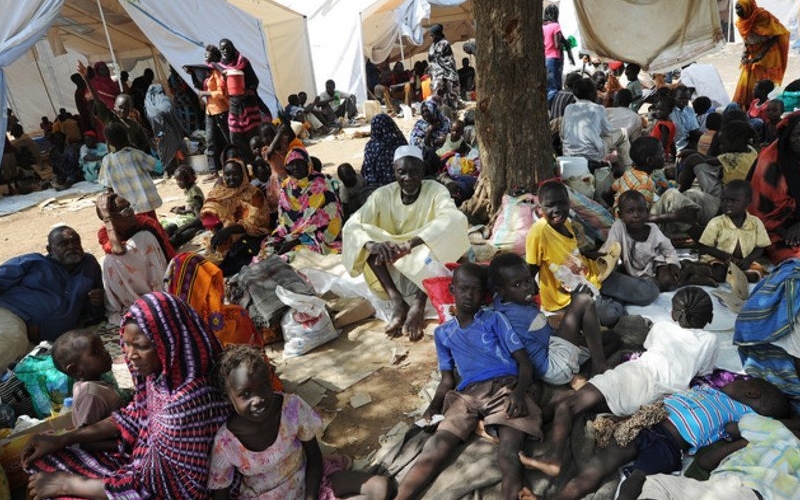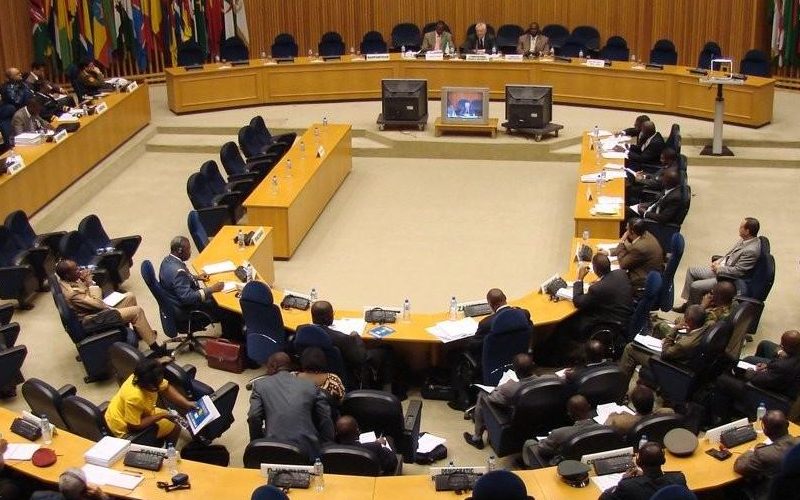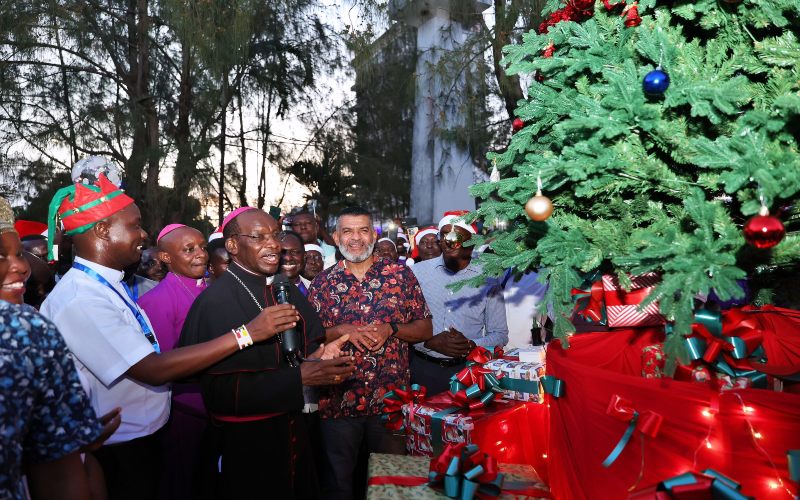Kenyan pastoralists to benefit from Sh6.1bn climate change adaptation programme
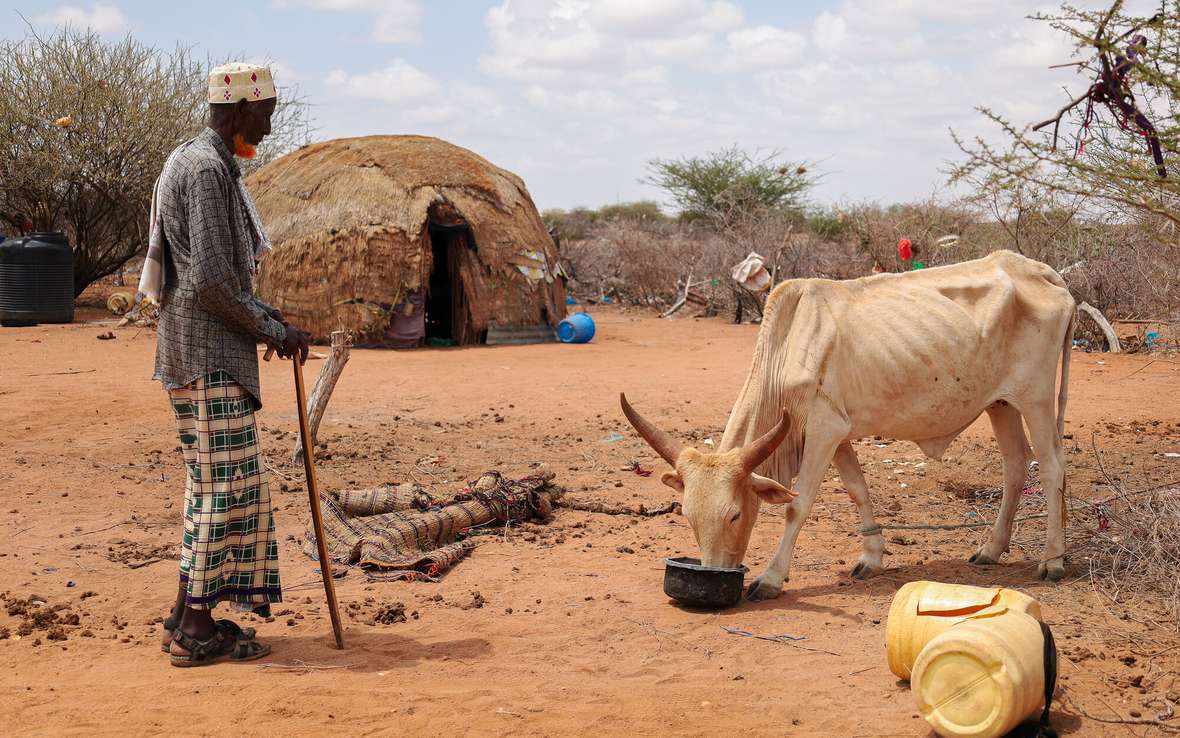
The Pastoralism and Livestock Adaptation to Climate Change in Eastern Africa Programme will support over 100,000 households in Kenya, Ethiopia, Somalia, South Sudan, Sudan, Tanzania, and Uganda.
Kenyan pastoralists in arid and semi-arid lands (ASALs) are set to benefit from a €47 million (Sh6.1 billion) initiative aimed at enhancing the resilience of pastoral communities across Eastern Africa.
The ambitious four-year initiative, known as the Pastoralism and Livestock Adaptation to Climate Change in Eastern Africa Programme (PLACE), will support over 100,000 households in Kenya, Ethiopia, Somalia, South Sudan, Sudan, Tanzania, and Uganda.
More To Read
- Climate change altering crops, increasing calories but reducing essential nutrients
- Supporting Africa’s drylands: Insights from the pastoralists who call them home
- Rwanda Cabinet approves reforms on transport, currency, climate
- AU congratulates Ethiopia on winning bid to host COP32 in Addis Ababa
- Kenya, EU ink Sh4.8 billion deal on environment and climate protection
- Climate change is making the world sick: COP30 report links climate change to new disease hotspots
Spearheaded by the Food and Agriculture Organisation (FAO) of the United Nations in partnership with the European Union (EU), the initiative aims to address the pressing challenges faced by pastoralists in the region.
In a statement posted on PLACE, FAO’s director at the Office of Emergencies and Resilience Rein Paulsen said the initiative addresses critical challenges in pastoralism by integrating environmental, economic, and social aspects to adapt to climate change.
“We welcome this timely programme as the region’s rangelands face increased incidence and severity of climate-related shocks and a gradual degradation of the natural resource base,” Paulsen said.
Social investment
While highlighting the significance of livestock to the region, Paulsen noted that Pastoralists undertake livestock keeping not only as a commercial enterprise but also as a social investment.
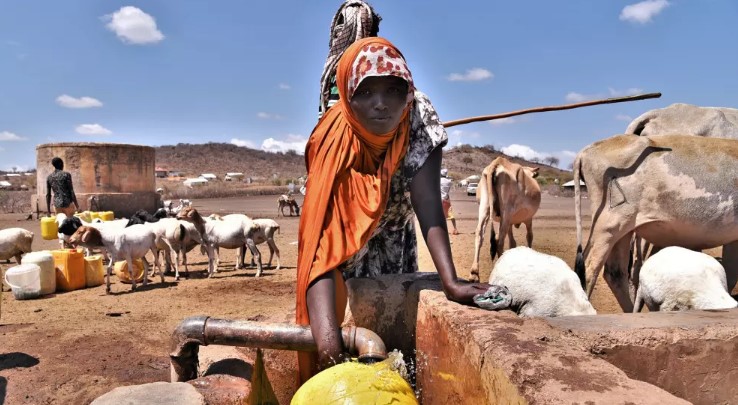 A woman fills a jerrican at a watering point in Kula Mawe, Isiolo County in November 2021. (Photo: Obi Anyadike/TNH)
A woman fills a jerrican at a watering point in Kula Mawe, Isiolo County in November 2021. (Photo: Obi Anyadike/TNH)A woman fills a jerrican at a watering point in Kula Mawe, Isiolo County in November 2021. (Photo: Obi Anyadike/TNH)
“Livestock is a lifeline for over 250 million people in the region and is deeply embedded in the communities’ social, cultural, and spiritual fabric. It has long provided valuable ecosystem services that are difficult to quantify commercially, but are vital for cultural and environmental sustainability,” he said.
However, Paulsen pointed out that pastoralism is at a critical juncture due to societal changes and severe droughts.
“Societal shifts in the region mean fewer young people are interested in what is traditionally considered a pastoral lifestyle. Additionally, severe and frequent droughts have devastated rangelands, resulting in the loss of over 13 million livestock between late 2020 and early 2024,” he said.
The PLACE programme is designed to foster resilience through a holistic approach, focusing on key areas such as strengthening land tenure systems, reducing greenhouse gas emissions, preserving biodiversity, building local economies within the livestock sector, and creating job opportunities.
It will operate across four cross-border clusters: Bahr el-Arab, Karamoja, Mandera, and Mara-Serengeti, spanning Sudan, Ethiopia, Kenya, Somalia, South Sudan, Tanzania, and Uganda.
The programme also aims to improve living conditions and ensure fairness and inclusivity, with a particular focus on gender and youth involvement.
Top Stories Today




